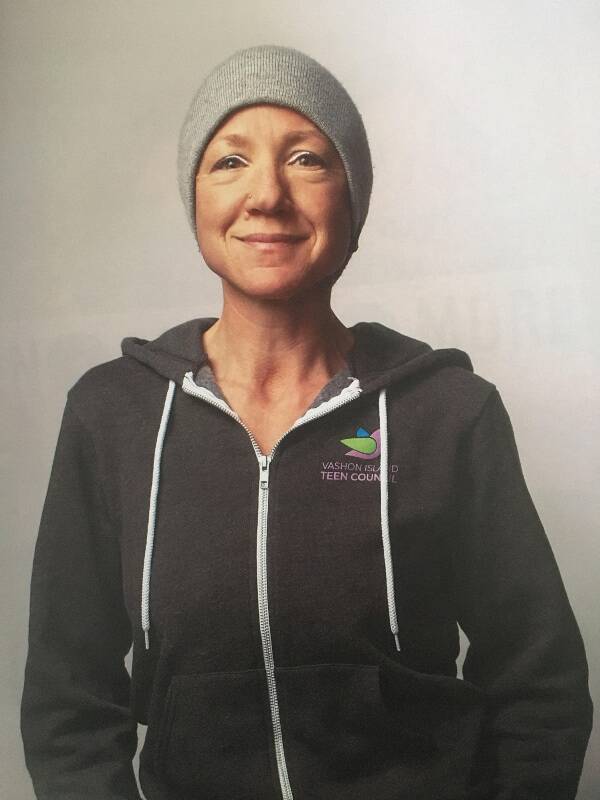In the United States, April is the month designated to raise awareness around sexual assault.
Sexual assault is an umbrella term, which means that it is used to cover a broad range of acts that fall under a single common category. Every 93 seconds in the U.S., someone is sexually assaulted, and 60 percent of these assaults go unreported.
According to the Washington State Coalition of Sexual Assault Programs, the most shocking of all of these assaults, rape, is the least reported and convicted violent crime in America, and 15 out of 16 rapists walk free. Although this may seem disheartening, there are many cases that are reported and successfully prosecuted.
When victims are supported to come forward and report the harm done to them, there is a higher likelihood that offenders will be held accountable.
While reporting a crime of sexual violence is not a cure for the agony of hatred, fear, self-doubt and blame that many victims experience after an assault, it can be a powerful box to check on the way to building back a sense of autonomy and connection.
This can only become a new norm if victims are well informed as to the process and given back the power of consent. Most folks are only vaguely aware of how to make a report and to whom, and even less informed about what happens next. And whereas adults get to make their own decisions about whether or not to report an instance of sexual violence against them, this self-efficacy is removed from the experience of teens who seek support after an assault.
When a victim of sexual assault is over the age of 18, they are in a position to decide whether or not to report the assault. If the victim is a minor and shares details of what happened to them with any adult who is mandated to report the abuse of vulnerable persons, that adult is required by law to report what they know to law enforcement.
Often, minors are not adequately informed as to the specific details that would trigger a report, much less the steps that follow — which can leave them feeling anxious, confused, and betrayed when they are told that what they’ve talked about needs to be shared. This doesn’t have to be the case. Armed with a basic understanding of how things will unfold, teens can feel empowered knowing that they’ve spoken up and are then free to seek out the support they might not otherwise have had access to.
Here is what teens need to know about the reporting process:
- If a report is made by an adult you have unwittingly confided in, or who has information about the assault from another source, an officer will attempt to contact you. This does not mean that you are obligated to speak with them, and you will not be forced to make a statement. Any officer who receives such a report is available purely to assist you should you decide of your own free will that you would like their assistance.
- If you have made the report yourself or in tandem with a supportive adult, an officer will take your full statement and build a basic case report.
- If it is determined that a crime has been committed, law enforcement will pass the case along to the Sexual Assault Unit and a specially trained detective will be assigned. If any other determination is made, the case will be closed.
- The detective assigned to your case will do a thorough investigation which will include conversations with you, the person who has caused you harm and anyone else who may have information to share. The goal of this investigation will be to build a case that can be sent to a prosecuting attorney to initiate criminal proceedings.
- It is important to note that once a case gets passed along to the Sexual Assault Unit a minor will have no say in the matter of whether to prosecute or “press charges” against the person who has assaulted them, whereas an adult in the same situation will. In the case of a minor, this decision will rest squarely with the district or prosecuting attorney and will be guided by whether or not that person, or team, deems the evidence sufficient for a conviction.
There is a shift in culture that needs to happen in regard to consent, autonomy and the prevalence of sexual violence.
In a perfect world when anyone is the victim of a violation of their dignity they are supported in talking about it, processing it and healing from it. In an imperfect world, information is power.
Compassionate support for survivors of sexual violence, and a more transparent and empowering narrative around the reporting process, can be a part of that shift.
Maya Battisti is a youth and family educator and youth advocate for Vashon’s DOVE Project.



